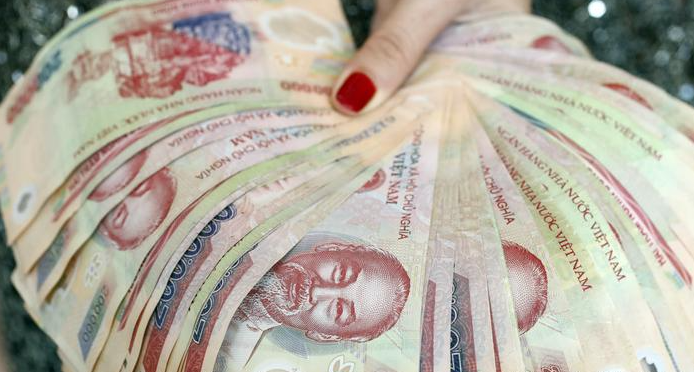
Vietnam government sets economic growth target of 6.5% for 2021
The Vietnam News Agency Express Online reported that the Vietnamese government issued Government Resolution No. 1 on the main tasks and measures to achieve the socio-economic development plan and the state budget for 2021. The resolution specifies that it will continue to achieve the dual goals of effective prevention and control of the New Coronary Pneumonia epidemic and restoration of socio-economic development under the new normal. The economic targets set by the government for 2021 are: GDP growth of about 6.5%, GDP per capita of about US$3,700, annual growth rate of the consumer price index (CPI) of about 4%, contribution of total factor productivity (TFP) to growth of about 45-47%, and social labor productivity growth of about 4.8%. The resolution stresses that Vietnam will continue to properly control the entry of people to prevent the import of the epidemic from outside and consider reopening international commercial routes when conditions permit. Accelerate vaccine development and international cooperation to provide solutions for early access to vaccines for the population.
Meanwhile, the government continues to provide support in the areas of credit, finance, and tax reduction to help people and businesses overcome difficulties and resume production in the post-epidemic period. In addition to improving the legal system, relevant departments will strictly control the promulgation of documents related to investment conditions, operations, administrative procedures, and special inspections to ensure an open and favorable investment and business environment for enterprises. Promote the development of financial, securities and insurance markets and strengthen the management of the corporate bond market. The government requires the National Bank to cooperate with fiscal and other policies for active and flexible regulation to ensure the safety of the system, stabilize the macroeconomy, and provide support for the resumption of economic growth. The management of prices of electricity, refined oil products and other important goods and services will be made open and transparent to ensure a balance between supply and demand of basic commodities and stabilize market prices. The need to diversify import and export markets and avoid over-reliance on a single market was emphasized. Effective implementation of signed free trade agreements and continued negotiation of new FTAs. Accelerate economic restructuring in sectors such as agriculture, transportation services, and credit institutions. Continue to shrink wholly state-owned enterprise operations, promote demutualization and asset divestment of state-owned capital, and firmly focus on loss-making and poorly performing projects.
While many countries have endured extremely high rates of infection and mortality from the new coronavirus, Vietnam, with a population of 96 million, has fewer than 1,500 confirmed cases and only 35 deaths. Massive quarantines, extensive contact tracing and strict travel controls kept Vietnam's factories largely operational and people back to work quickly.


